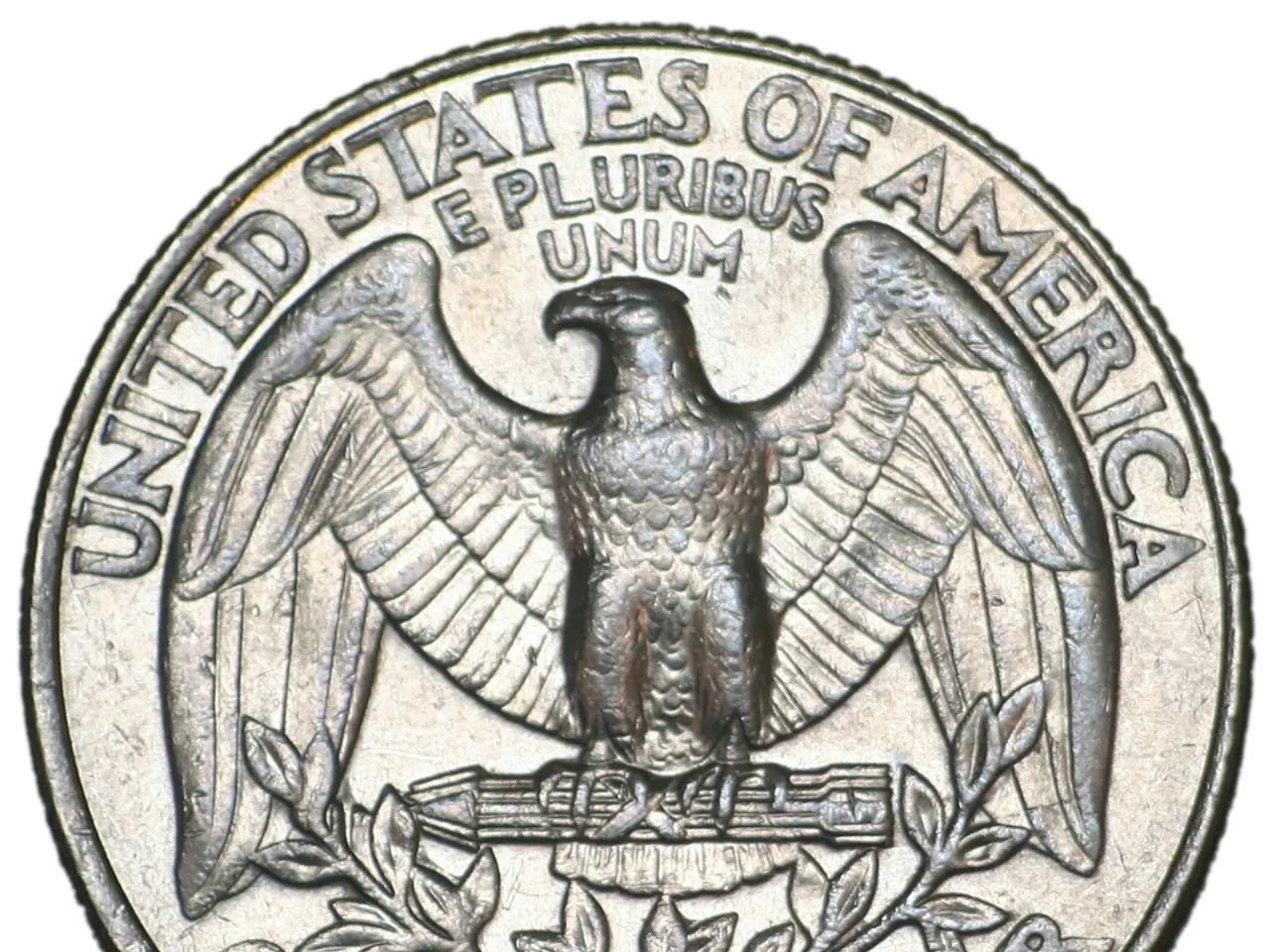Coinbase Files Lawsuits Against SEC and FDIC for Access to Investigative Records
In a bold move, cryptocurrency exchange giant Coinbase has filed lawsuits against the Securities and Exchange Commission (SEC) and the Federal Deposit Insurance Corporation (FDIC) under the Freedom of Information Act. The suits, brought by History Associates, a consultant tapped by Coinbase, seek to compel the release of documents that could shed light on the agencies' views and actions regarding the crypto industry.
The legal action comes amid Coinbase's ongoing legal battle with the SEC, in which the regulatory body accused the crypto firm of operating an unregistered securities exchange. Coinbase, in turn, has accused the SEC of "regulating by enforcement," a practice that has been criticised by some SEC commissioners.
At the heart of the matter is a desire from Coinbase to understand the SEC's decision-making process when it comes to classifying cryptocurrencies as securities. The SEC, historically, has primarily relied on the Howey Test to determine if a cryptocurrency token qualifies as a security. However, the agency's stance has shifted significantly over time, with the SEC Chair Paul Atkins announcing regulatory reforms under an initiative called "Project Crypto."
Under Project Crypto, the SEC aims to clarify token classification and reduce legal uncertainty. The new stance narrows the scope of tokens regarded as securities, with major tokens like Bitcoin and Ethereum reclassified as non-securities.
Coinbase is particularly interested in understanding the SEC's stance on Ethereum, which the agency publicly announced is not a security in 2018. The exchange is also seeking letters sent by the FDIC to financial institutions asking them to indefinitely 'pause' crypto-related activities.
The FDIC did not return a request for comment regarding the lawsuits. Coinbase's chief legal officer, Paul Grewal, has expressed concerns about financial regulators using tools to try to cripple the digital-asset industry. He stated that the SEC has claimed sweeping authority but refuses to provide any rules, let alone consistent or coherent ones.
At least one SEC commissioner, Hester Peirce, has questioned the SEC's practice of "regulating by enforcement." The SEC declined to comment on the lawsuits.
[1] Investopedia. (2021). What is the Howey Test? https://www.investopedia.com/terms/h/howey-test.asp [2] Coindesk. (2021). SEC Chair Gary Gensler Says Many Crypto Tokens Are Securities. https://www.coindesk.com/policy/2021/05/26/sec-chair-gary-gensler-says-many-crypto-tokens-are-securities/ [3] Cointelegraph. (2021). SEC Chair Gary Gensler: Many Crypto Tokens Are Securities. https://cointelegraph.com/news/sec-chair-gary-gensler-many-crypto-tokens-are-securities [4] CoinDesk. (2021). SEC Chair Gary Gensler Says Many Crypto Tokens Are Securities. https://www.coindesk.com/policy/2021/05/26/sec-chair-gary-gensler-says-many-crypto-tokens-are-securities/ [5] The Block. (2021). SEC Chair Gary Gensler: Many Crypto Tokens Are Securities. https://www.theblockcrypto.com/linked/109680/sec-chair-gary-gensler-many-crypto-tokens-are-securities
- Coinbase seeks to comprehensively understand the SEC's stance on the classification of cryptocurrencies, specifically Ethereum, as securities, given the SEC's shifting views and the potential impact on the crypto-business industry.
- In the ongoing dispute between Coinbase and the SEC, the exchange aims to acquire documents from the SEC and FDIC that could delve into the agencies' viewpoints on technology-driven financial practices, particularly in the realm of cryptocurrency.




